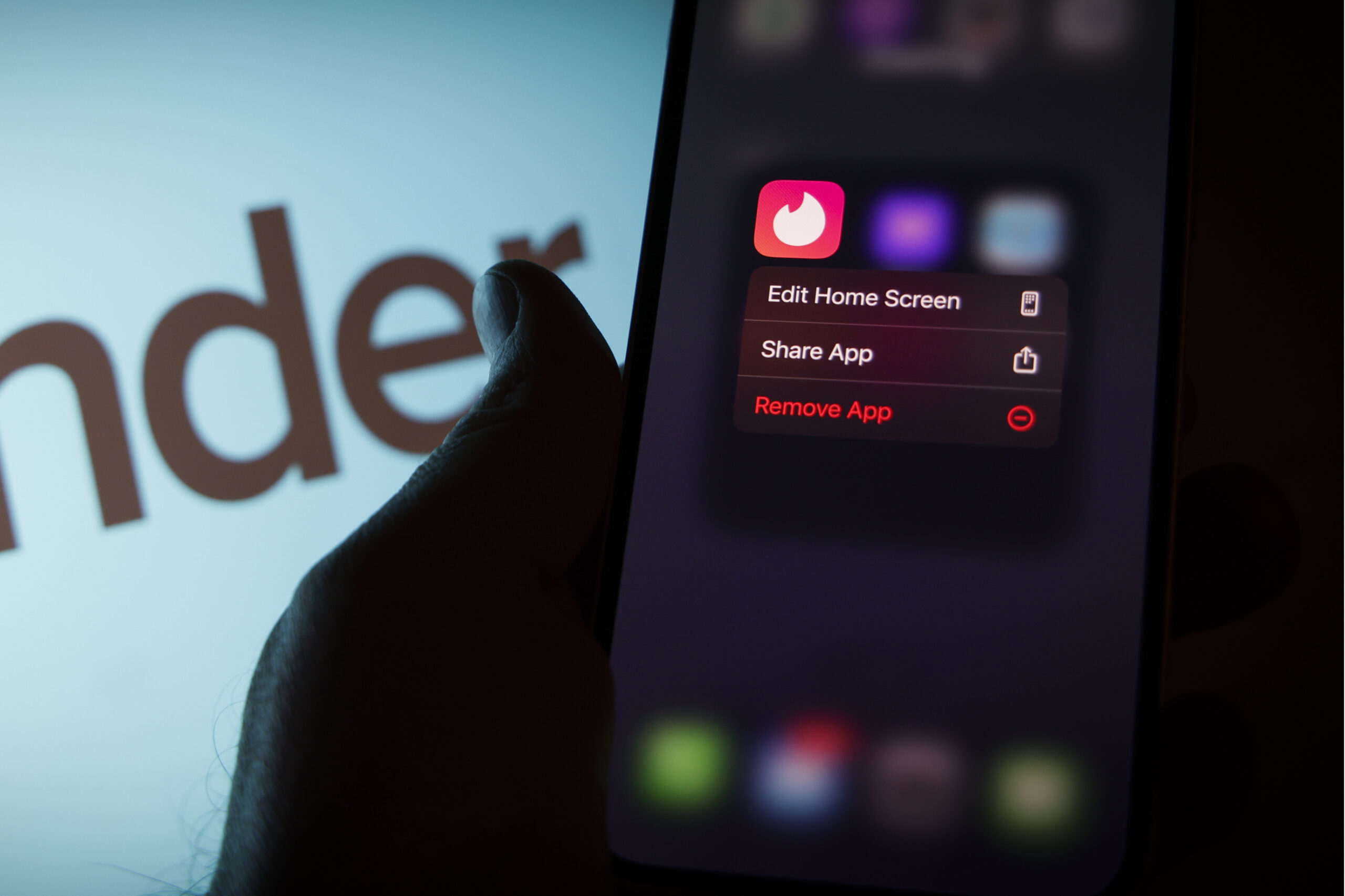Stuck in a dating app loop with no date in sight? A lawsuit filed Wednesday against Match Group claims that is by design.
Tinder, Hinge and other Match dating apps are filled with addictive features that encourage “compulsive” use, the proposed class-action lawsuit claims.
The lawsuit filed in federal court in the Northern District of California on Wednesday—Valentine’s Day—says Match intentionally designs its dating platforms with game-like features that “lock users into a perpetual pay-to-play loop” prioritizing profit over promises to help users find relationships.
This, the suit claims, turns users into “addicts” who purchase ever-more-expensive subscriptions to access special features that promise romance and matches.
“Match’s business model depends on generating returns through the monopolization of users’ attention, and Match has guaranteed its market success by fomenting dating app addiction that drives expensive subscriptions and perpetual use,” the lawsuit says. It was filed by six dating app users and seeks class action status.
In a statement Thursday, a spokesperson for Match called the lawsuit “ridiculous,” saying it has “zero merit.”
“Our business model is not based on advertising or engagement metrics,” the spokesperson said. “We actively strive to get people on dates every day and off our apps. Anyone who states anything else doesn’t understand the purpose and mission of our entire industry.”
Though it focuses on adults, the lawsuit comes as tech companies face increasing scrutiny over addictive features that harm young people’s mental health. Meta Platforms, the parent company of Facebook and Instagram, for instance, faces a lawsuit by dozens of states accusing it of contributing to the youth mental health crisis by designing features on Instagram and Facebook that addict children to its platforms.
Match’s apps, according to the lawsuit against the company, “employs recognized dopamine-manipulating product features” to turn users into “gamblers locked in a search for psychological rewards that Match makes elusive on purpose.”
“Due to the purposely manipulative and addictive Platform design, no waking hour is safe from the allure of the Platforms, as underscored by users’ incessant need to keep swiping,” the complaint states.
